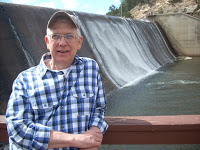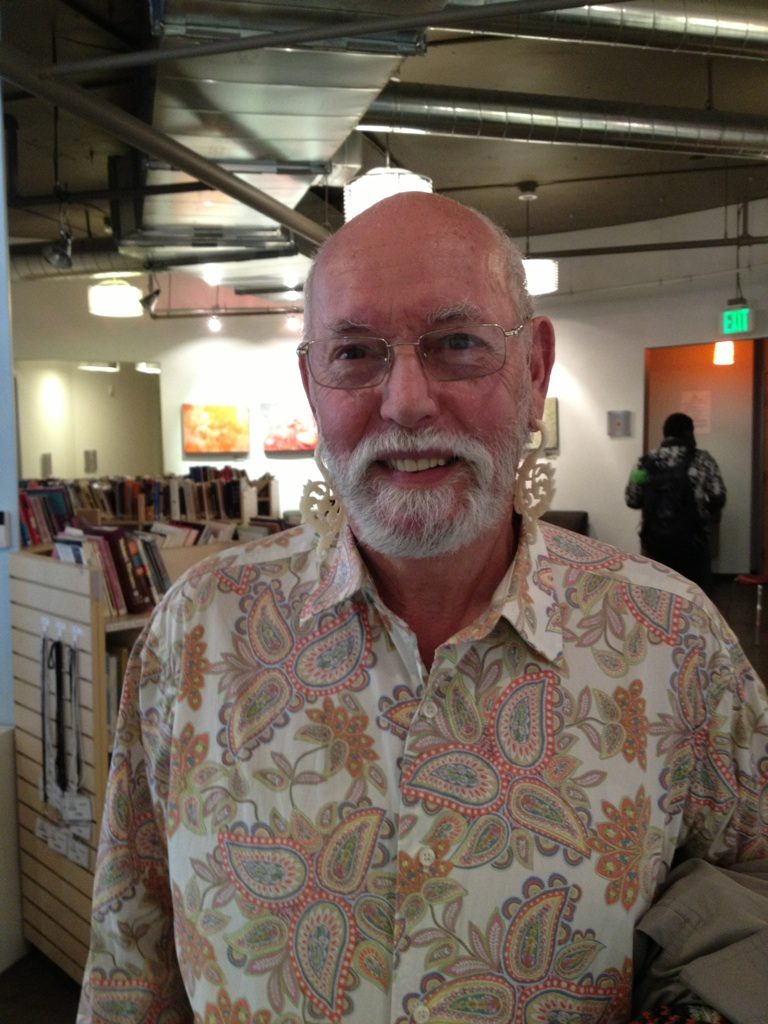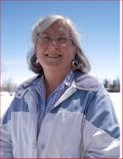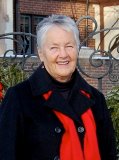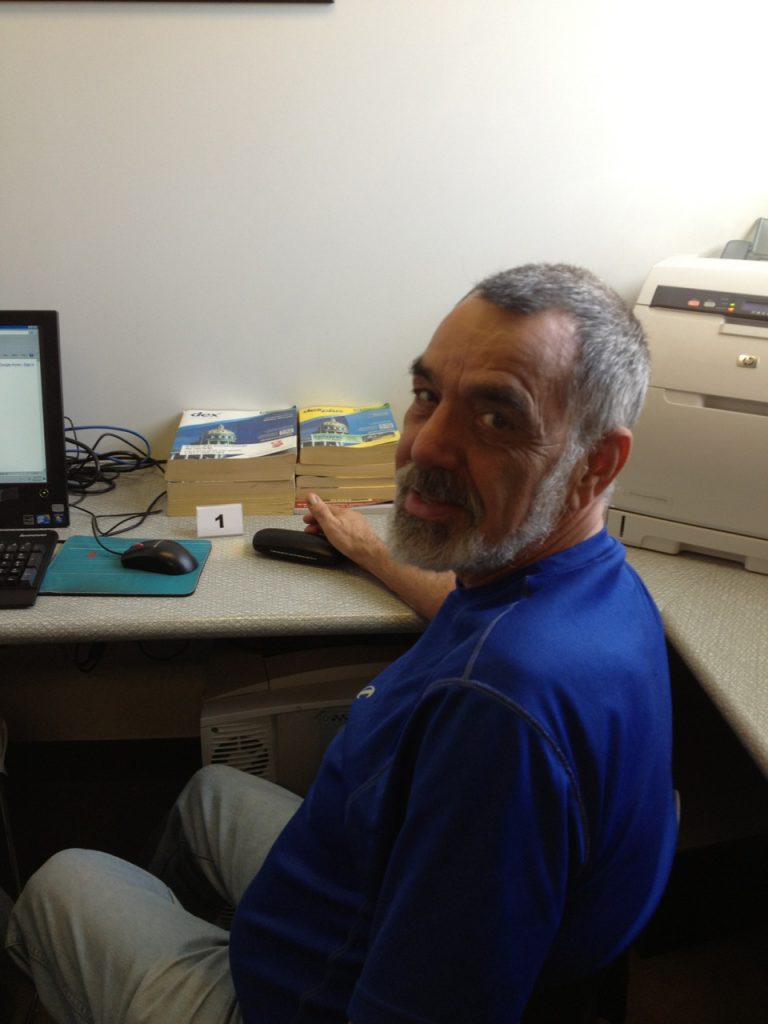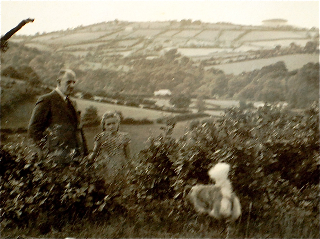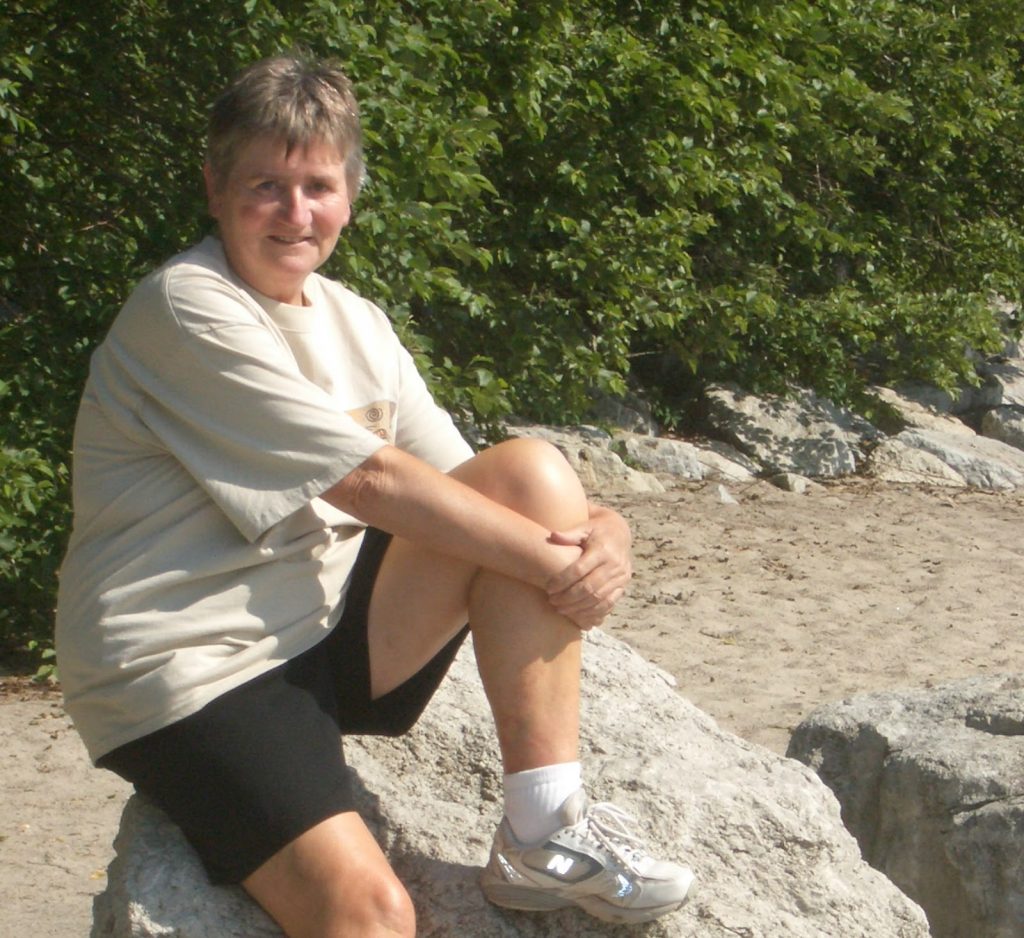There’s MY an’ YOUR pottery, and MY an’ YOUR china, and MY an’ YOUR cutlery, and MY an’ YOUR household items of every variety.
When my beloved and I decided to live together, we, of course, were forced to merge many of these above mentioned items. So into the common household they went. Over the years most of the pottery, in particular, stayed in cupboards. Occasionally the need would arise to pull something out, dust off the cobwebs, and put it to use, then put it away for another few years after the guests left or after the special occasion was over.
This is how the conversation would go.
“Do you remember where we put the glazed pot–the one that’s about this size?” Indicating with hand gestures what the thing looks like. “It ‘s the one my grandmother gave me when I was married.”
Depending on who came up with the question, the other would reply, “Well, if it’s the one I think you mean, it’s not blue it’s green and it was given me by my mother.”
“Surely, we can’t be talking about the same piece. The one I’m thinking of would be perfect for this occasion because it’s blue. The one I’m thinking of I have had forever and I can remember the day my grandmother gave it to me.”
“Let’s find it and get it out and then decide if it’s the one you are thinking of or the one I’m thinking of–the green one my mother gave me.”
The piece under discussion is pulled out from the very back of a cupboard. It turns out that it is neither blue nor green but very old.
We both scratch our heads and mumble under our respective breaths, Well, I could have sworn…….and I know it’s mine.” Then out loud, “But it doesn’t matter does it.”
And so it went–many such discussions and discoveries–the origin or ownership of the item never resolved.
Then, sometime around the turn of the century, it came to us almost simultaneously.
My honey and I were about to have another of the above discussions when we realized that we had been together a long time and furthermore planned to stay together. These household items we talk about are OURS–not mine and yours.
The business of separate ownership is a problem that comes with middle-aged marriage. Each has accumulated stuff and that stuff goes with you wherever you go.
The mystery of past ownership is now, we both agree, a moot point. For some reason it was the new millennium when this dawned on us. Perhaps because we were approaching almost 20 years together. Maybe it was that, or perhaps our respective memories were becoming less and less reliable and we were able to admit that of ourselves and of each other.
I don’t know the reason for sure but the discussions are a thing of the past. MY an’ YOURS had become OURS. And so it will continue to be, I expect, until the end of our days.
About the Author
Betsy has been active in the GLBT community including PFLAG, the Denver women’s chorus, OLOC (Old Lesbians Organizing for Change). She has been retired from the Human Services field for about 15 years. Since her retirement, her major activities include tennis, camping, traveling, teaching skiing as a volunteer instructor with National Sports Center for the Disabled, and learning. Betsy came out as a lesbian after 25 years of marriage. She has a close relationship with her three children and enjoys spending time with her four grandchildren. Betsy says her greatest and most meaningful enjoyment comes from sharing her life with her partner of 25 years, Gillian Edwards.
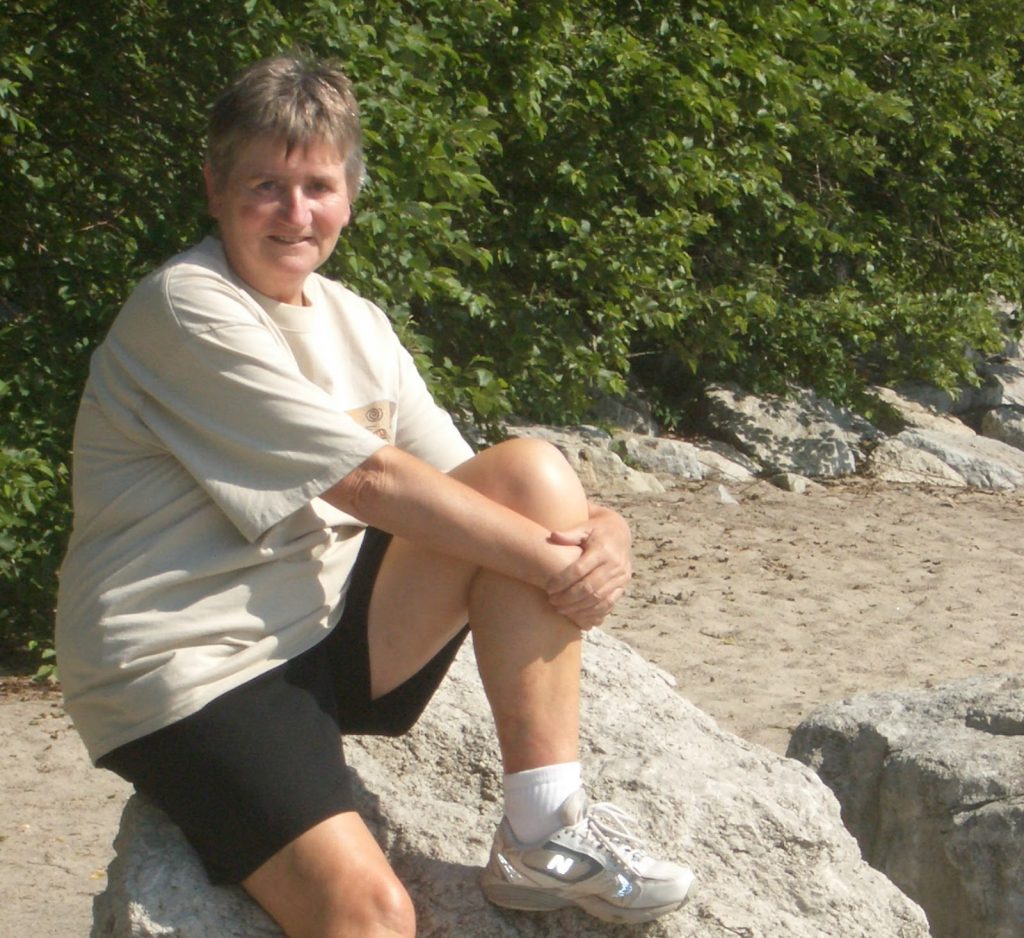 I was born and raised in England. After graduation from college there, I moved to the U.S. and, having discovered Colorado, never left. I have lived in the Denver-Boulder area since 1965, working for 30 years at IBM. I married, raised four stepchildren, then got divorced after finally, in my forties, accepting myself as a lesbian. I have now been with my wonderful partner Betsy for 25 years.
I was born and raised in England. After graduation from college there, I moved to the U.S. and, having discovered Colorado, never left. I have lived in the Denver-Boulder area since 1965, working for 30 years at IBM. I married, raised four stepchildren, then got divorced after finally, in my forties, accepting myself as a lesbian. I have now been with my wonderful partner Betsy for 25 years.